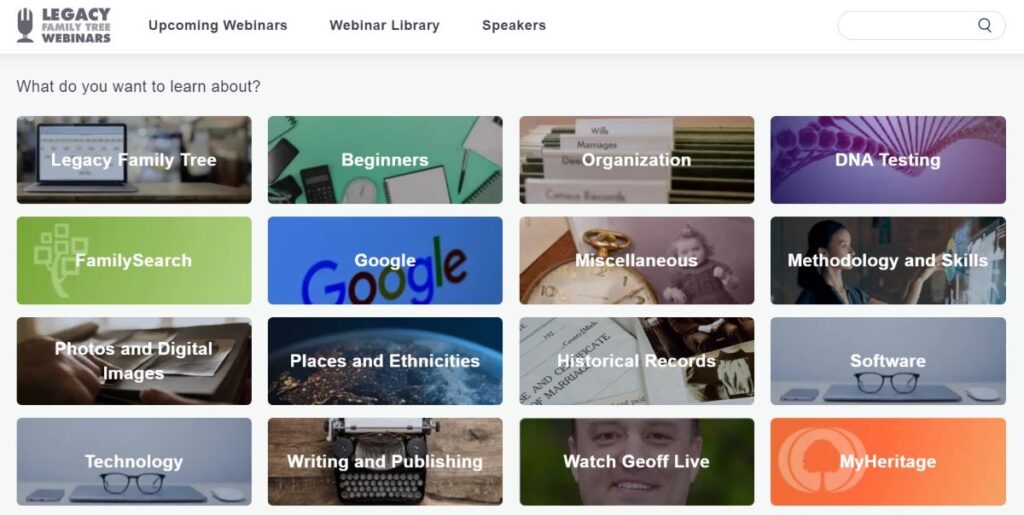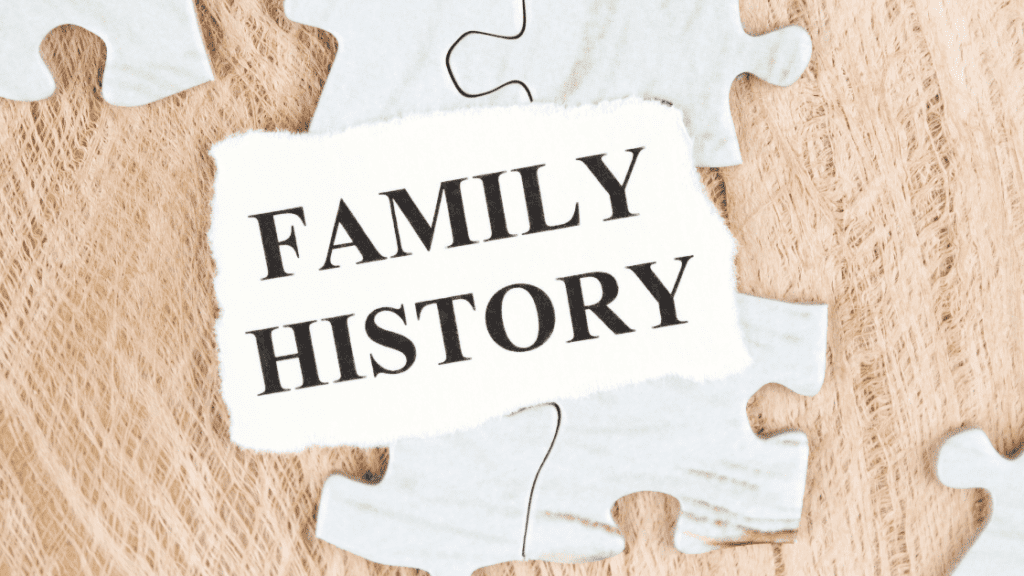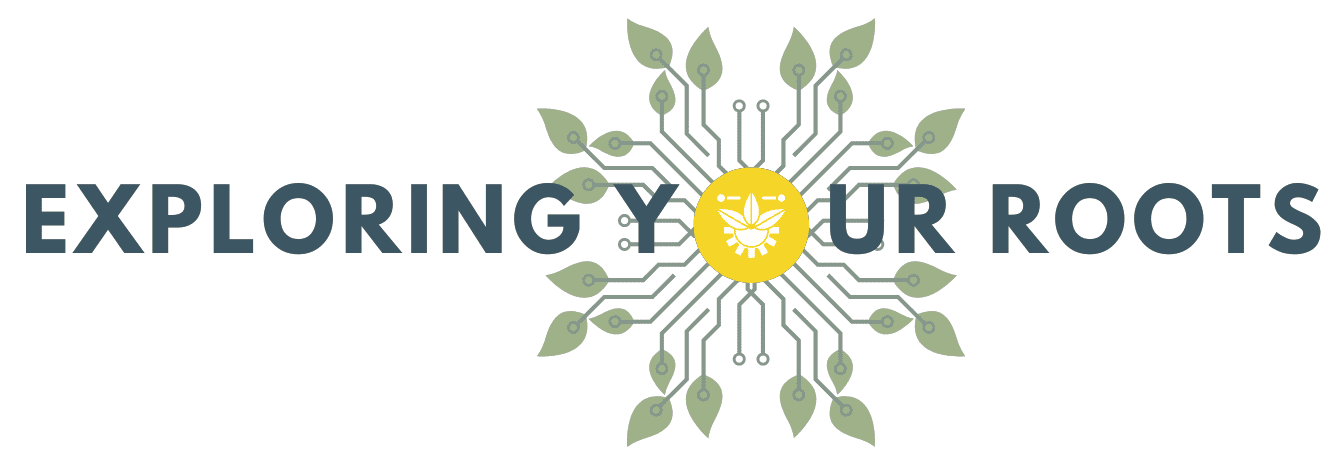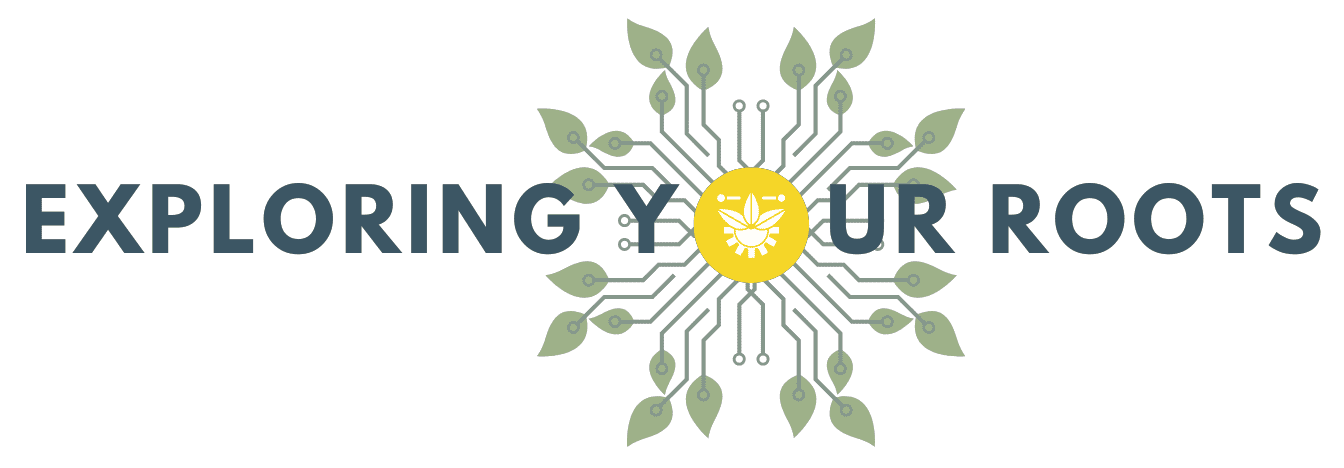Using genealogy research to uncover your family’s origins and document your family tree can be a deeply enriching and enlightening experience. In addition to preserving a tangible record for future generations, this process holds immense potential for fostering self-awareness and understanding the profound impact of our ancestry on our lives.
Genealogy Research: Unearthing Your Family’s Past
Researching your family history has been shown to offer a number of profound benefits, but to embark on a meaningful genealogy research journey, you need the right tools. Websites like Ancestry and MyHeritage offer vast databases, historical records, and collaborative platforms to help you trace your family’s lineage. With these resources, you can explore birth, marriage, and death certificates, census records, immigration documents, and more, providing valuable clues about your family’s origins. Both sites offer a few free tools with limited access so you can try the service out before committing.
Learning How to Do Genealogy Research: Legacy Family Tree

If you want to dive deep without subscribing to a monthly service, but can’t make sense of all the options available, Legacy Family Tree offers a free, downloadable standard version of their software, plus live webinars and a library of prerecorded webinars, both free and paid, to get you started. Explore to your heart’s content and progress to more advanced software and topics when you are ready.
Organizing Your Discoveries: Managing the Family Puzzle

As your research progresses, it becomes essential to organize and structure the vast amount of information you gather. The services above offer ways to organize your information and create a family tree. These intuitive platforms provide features like data entry, relationship mapping, and photo integration, helping you piece together the intricate puzzle of your family history.
If you are looking for more free ways to organize your materials, one popular option is Gramps, an open-source software that allows you to create, manage, and visualize your family tree. It offers features such as data entry, relationship mapping, and event tracking. Another valuable tool is FamilySearch, a free online platform that provides access to a vast collection of historical records and collaborative resources. It allows you to build and maintain your family tree, connect with other researchers, and contribute to a global genealogy community. Additionally, WikiTree offers a collaborative approach to genealogy, where you can contribute to shared family trees, collaborate with other researchers, and benefit from their collective knowledge.
Visual, Printable Family Tree Options
Want a visual, printable family tree? Some of the options above offer a printable version, but there are many free family tree maker options online as well! FamilyEcho, a web-based family tree builder that offers a simple and intuitive interface. It enables you to create, edit, and customize your family tree online, with the ability to generate printable versions in different layouts.
Crafting the Narrative: Preserving Your Family’s Story

While building your family tree is crucial, capturing the stories, memories, and anecdotes of your ancestors is equally important. Journaling and journal prompts can be immensely helpful in writing a family history narrative, as they encourage reflection, introspection, and storytelling. By using journaling as a tool, you can explore your memories, emotions, and experiences associated with your family’s past, ultimately crafting a meaningful and engaging narrative. Journal prompts specific to family history can spark inspiration and guide your writing process, helping you delve deeper into significant events, relationships, and personal reflections.
This process can be DIY or with the use of a wide variety of products and services available on the market today. Want a simple, old-school workbook to help jog your memory? Memorygrabber is an inexpensive, downloadable workbook that uses memory-stimulating questions, activities, and exercises to “Mine Your Memories” and to help you recall events, people, places and more. It can help you recall and organize all the pieces of your story and ask questions of others to help build a more complete family history.
Genealogy Research as a Book
Thinking of turning your family stories into a book? Scrivener is an excellent tool for organizing family history research due to its robust features and intuitive interface. As a powerful writing software, Scrivener offers a versatile platform where you can compile and manage all aspects of your family history research in one place. Its binder feature allows you to create folders and subfolders, making it easy to categorize and organize different aspects of your research, such as documents, photographs, and notes.
The ability to split the screen and view multiple documents simultaneously is particularly beneficial when cross-referencing sources or comparing information. Scrivener also enables you to attach metadata and labels to your files, aiding in sorting and searching for specific details. The tool’s seamless integration with citation managers like Zotero or EndNote simplifies the process of adding and managing references. Moreover, Scrivener offers a distraction-free writing environment and flexible formatting options, making it ideal for drafting and editing your family history narrative. Overall, Scrivener provides a comprehensive and user-friendly solution for organizing and presenting your family history research in a coherent and structured manner.
Genealogy Research Templates, Coaching, Workshops & Retreats
If you’re looking for a full-service option to help you organize and create beautiful visuals for your family history, The Family History Writing Studio offers a free workbook to get you started, but also has coaching services, stunning templates, workshops, and retreats you can dive into to create entertaining and beautiful stories about your family lineage.
Leaving a Legacy: Benefit for Future Generations

Documenting your family history is more than an exercise in self-discovery; it is a gift to future generations. By preserving the stories, struggles, and triumphs of your ancestors, you provide a bridge between the past and the present. This legacy offers a profound sense of belonging and identity to your descendants, empowering them to forge their own paths while honoring the resilience and wisdom of their predecessors.
Genealogy research enables us to embark on a transformative voyage, connecting us to our family’s origins and providing valuable insights into our own identities. By harnessing the power of the many genealogy tools available to collect, organize, and document our family history, we not only enrich our own lives but also leave a meaningful legacy for the generations yet to come.
Read more about how genealogy is transforming other aspects of our world in these articles:
Ancestral Trauma: What It Tells You About Your Life
This post contains references to products from one or more of our advertisers. We may receive compensation if you click on the links to those products. For an explanation of our Advertising Policy, visit this page.


